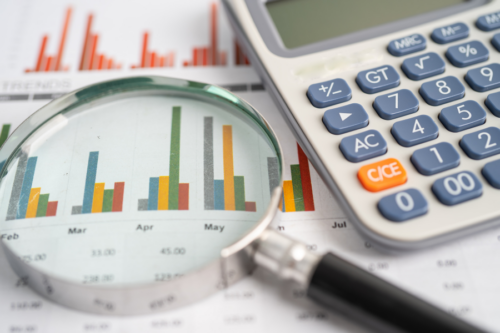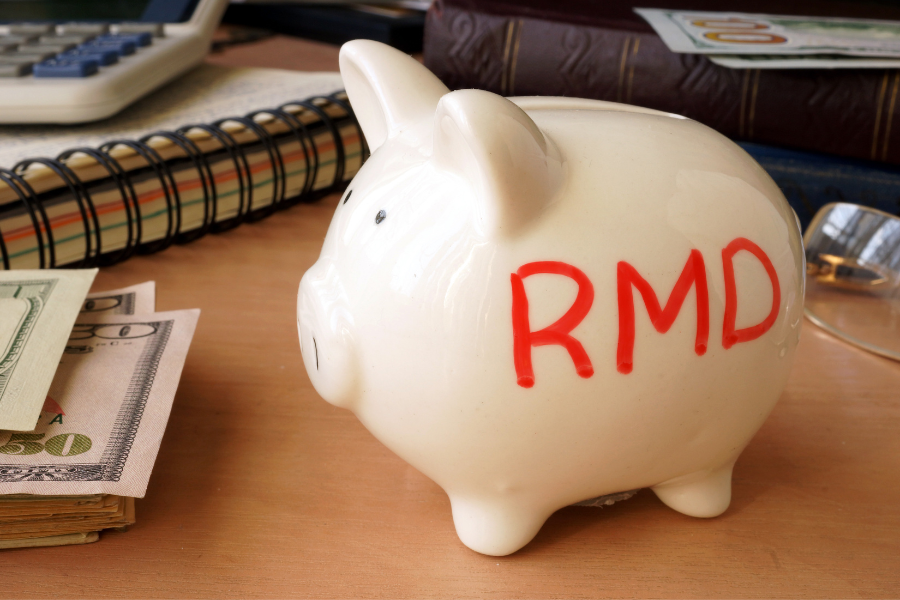Articles, Market Commentary
& More
Past Commentary & Articles


Estate planning is a process designed to help you manage and preserve your assets while you are alive, and to conserve and control their distribution after your death according to your goals and objectives. Your particular estate planning needs will depend on your age, health, life stage, goals, the types of assets you own, level of wealth, and many other factors. Learn more in this white paper.


How long will you live? It’s a crucial question for a secure retirement. This article explores key considerations for creating a personalized plan.


While many businesses relegate tax planning to year-end, it can be a missed opportunity. Spreading tax planning throughout the year allows for proactive strategies that can help maximize savings.


The allure of balmy southern winters beckons many retirees considering a change of residence. However, navigating the legal complexities of residency changes requires careful attention to tax and estate planning.


Longing to trade snow boots for flip-flops? You’re not alone. Many people dream of escaping winter’s grip, and two enticing options exist: becoming a snowbird or permanently relocating to a sunnier climate.


Financial planning can often feel overwhelming, laden with complex terminology and seemingly endless strategies. However, a refreshingly simple approach exists: the bucket system.


A well-constructed investment portfolio, much like a meticulously planned backpacking trip, requires careful consideration and preparation. Both endeavors necessitate a clear strategy, a defined course of action, and the tools to navigate unforeseen circumstances.


How a Qualified Domestic Relations Order Relates to your Spouse’s (or soon to be Ex-Spouse’s) 401(k)
Dividing retirement assets during a divorce can be complex. While couples typically divide their shared property, plans like 401(k)s and 403(b)s require a specialized court order known as a Qualified Domestic Relations Order (QDRO). This crucial document ensures a smooth and compliant division of these retirement funds.


Elections have the ability to stir up emotions like nothing else, and even at this early stage in the election cycle, this presidential race has already moved into that territory. While political debate is healthy from a democratic process perspective, it can be dangerous if you allow politics to influence your investment decisions.


Acclaimed author and Nobel laureate Daniel Kahneman’s passing leaves a mark on psychology and economics. His research on decision-making biases offers valuable lessons for retirees navigating investments. Here are four key takeaways from his work.


Have you ever opened a bank account for a temporary purpose, like holding house sale proceeds? These accounts might seem insignificant, but if you forget to designate beneficiaries, they can create a major headache for your loved ones after you’re gone.


While self-directed brokerage accounts (SDBAs) may entice employees with their vast investment choices, offering them within your retirement plan requires careful consideration. This article explores the fiduciary issues your committee must address to navigate the potential benefits and risks.



